The Kielce Massacre: who is responsible for the post-war Jewish pogrom
Categories: Europe | History | Nations
By Pictolic https://pictolic.com/article/the-kielce-massacre-who-is-responsible-for-the-post-war-jewish-pogrom.htmlWe are used to hearing about the mass extermination of Jews in Europe during the Second World War. The fact that the pogroms continued after the Victory, and not in Germany anymore, is not accepted today. Meanwhile, a massive Jewish pogrom occurred in Poland a year after the end of the war and the Germans who were not poisoned by Nazi propaganda were responsible for it at all.
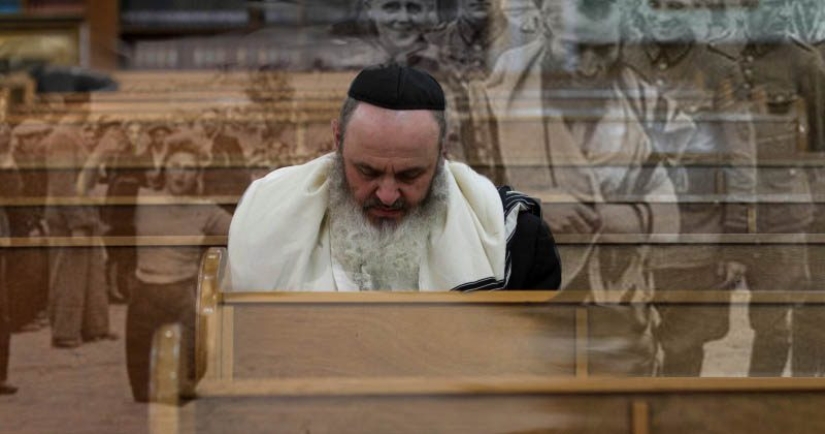
Anti-Semitic sentiments were strong in Poland even before the outbreak of the war. Warsaw's ambassador to the Third Reich, Jozef Lipsky, was delighted with Hitler's idea of evicting Jews to Africa and even argued that such a brilliant politician should have a monument erected on the territory of the Polish-Lithuanian Commonwealth.
In pre-war Poland, the expulsion of all Jews to Madagascar was seriously discussed separately from the Fuhrer. Note that this happened long before the doctrine of the "Final Solution of the Jewish question" appeared in the Reich. It was not customary to raise this topic in Soviet times, because Poland became a socialist country and became the birthplace of the Warsaw Pact.
It also affected the fact that the country was almost unanimously recognized all over the world as almost the main victim of the Second World War. Later, Poland fell victim to two totalitarian regimes that divided it into parts in 1939. In light of all this, the Poles' efforts to "solve the Jewish question" were somehow forgotten.
The largest and most terrible death camps, such as Auschwitz-Birkenau (Auschwitz), Treblinka and Sobibor, were not accidentally located on the territory of Poland. In the face of the Poles during the war, the Germans received reliable allies in the extermination of Jews.
{IMAGEFULL_307979
The local population treated the neighborhood of concentration camps normally and helped catch fugitive prisoners, which is officially recorded by many documents. One of these escapes from Sobibor, organized by the Soviet officer Alexander Pechersky, ended in failure for many prisoners precisely thanks to the Polish peasants who actively caught the fugitives and handed them over to the Nazis.
In 1941, a wave of Jewish pogroms swept through occupied Poland, which by that time had become a general government within Germany. They were organized by the Poles themselves without the slightest participation of the Germans. Especially terrible events took place in the small town of Edvabno, where Jews were massively killed on the streets and right in their homes with sticks and stones, hacked with axes and burned alive in their homes.
The enthusiasm of the Poles was so great that the Germans had to stand up for the Jewish population of Edvabno, shooting rioters and looters on the spot.
On July 4, 1946, when the Nuremberg trials were in full swing, where, among other accusations against Nazi criminals, the extermination of Jews appeared, a mass massacre took place in the Polish city of Kielce. There 2,000 Poles, together with the forces of the people's militia, under the slogans "Death to the Jews!", "Death to the murderers of our children!" and "Let's finish Hitler's work!" are killing Jews, not sparing even the elderly and children.
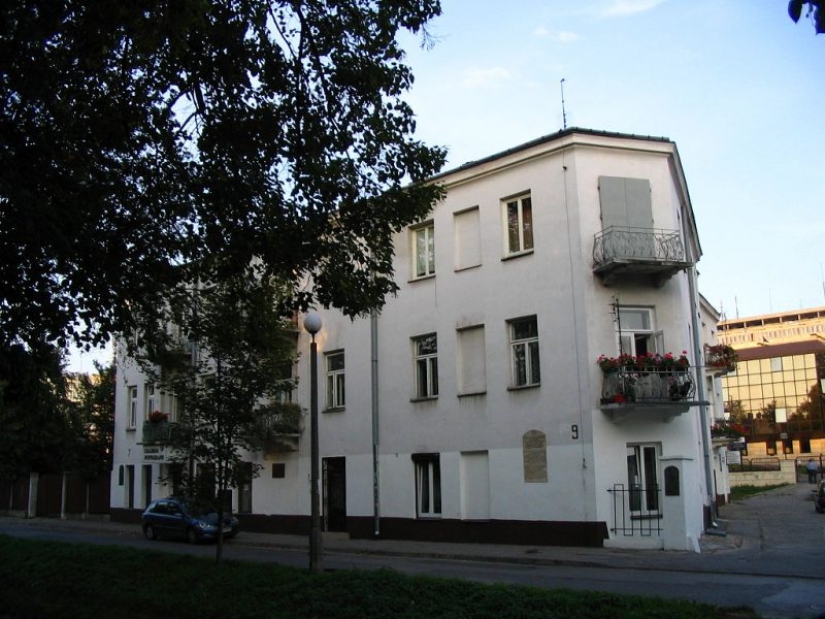
It all started with an attack on the Jewish committee and the Zionist Youth organization, which were in the same building in Kielce, today it is the house number 7 on Planty Street. It was there that most of the Jews who returned from concentration camps, whose houses were destroyed or occupied by Poles, were located.
It is believed that the reason for the pogrom was the disappearance of an 8‑year-old Polish boy Henryk Blashchik, which occurred on July 1, 1946. Two days later, the child was found, and he told a strange story about his disappearance.
Henrik assured everyone that Jews from the "Zionist Youth" had kidnapped him and wanted to kill him, but then changed their minds and released him. Much later it turned out that the child was lying, taught by his father. He did not disappear anywhere, but was sent to relatives in the village, where he was told what to say after returning to the city.
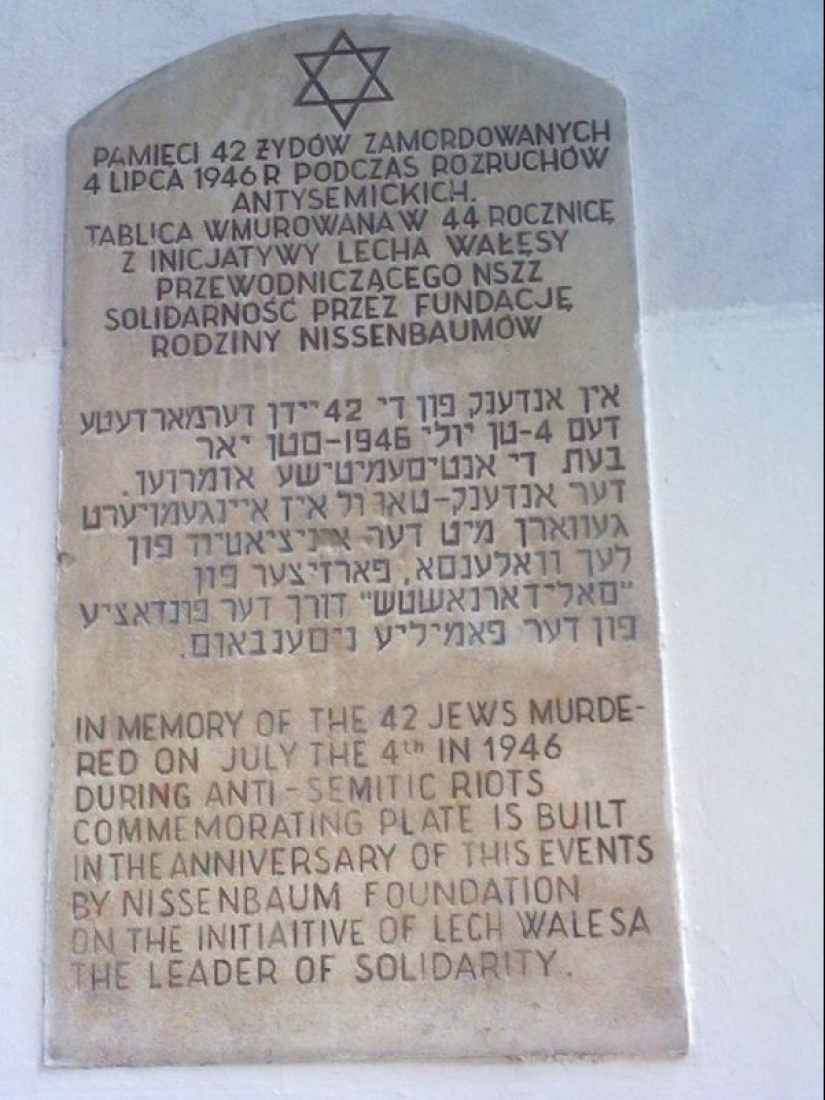
The pogrom itself began on July 4 at 10 a.m., and many of its participants were in the people's militia and came to the building of the Jewish committee directly in military uniform. The Jews took up defense in the building and were ready to sell their lives dearly, but at noon police sergeant Vladislav Blakhut and his subordinates entered the building and disarmed the defenders.
After surrendering their weapons, the besieged locked themselves in the building and refused to go out to the angry crowd. Blahut demanded to open the doors and beat them with the butt of a revolver, shouting: "The Germans did not have time to destroy you, but we will finish their work."
Soon the rioters managed to break down the doors and window shutters and they broke into the building, killing everyone they met on the way. Then 47 people died and more than 50 were injured. Among those killed were children, pregnant women and the elderly. Jews were also searched and beaten in other areas of the city. But at that time there were only 200 Jews in Kielce, otherwise there would have been much more victims.
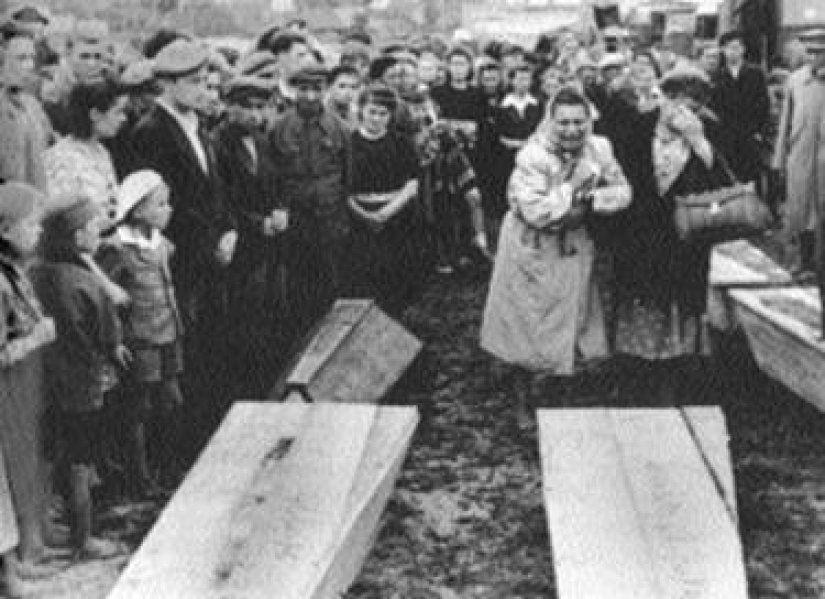
In connection with this pogrom, the Ministry of Foreign Affairs sends a document to Warsaw containing the following lines:
Information about anti-Semitic speeches and even more so pogroms was not advertised and the West would have been shocked to learn how representatives of one of the nations most affected by the war behave. But the first documents about the events of those days began to be published quite recently, and with the most terrible details recorded by contemporaries.
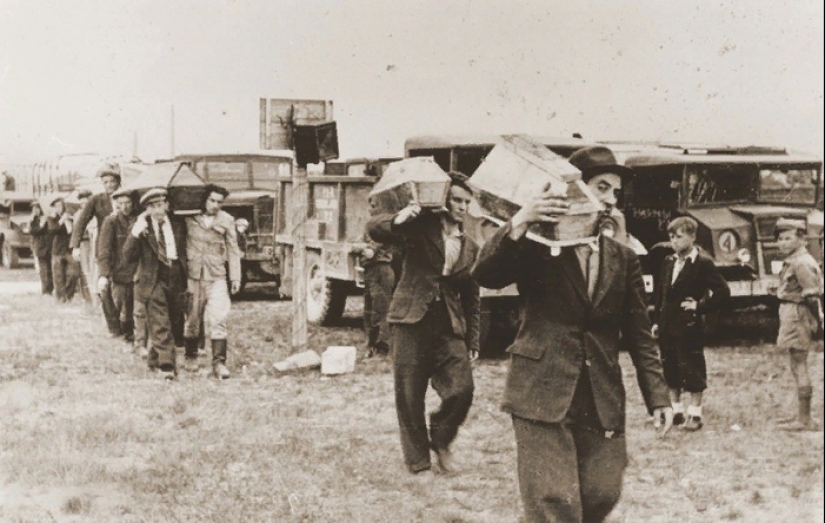
No one plans to take away from Poland its status as a country that suffered huge losses in World War II. Also, no one is going to reduce the merits of the participants of the Polish resistance. But the denial of the manifestation of anti-Semitism and the extermination of the Jewish population, including in the post-war period, is nothing but a falsification of history.
Recent articles

It's high time to admit that this whole hipster idea has gone too far. The concept has become so popular that even restaurants have ...

There is a perception that people only use 10% of their brain potential. But the heroes of our review, apparently, found a way to ...

New Year's is a time to surprise and delight loved ones not only with gifts but also with a unique presentation of the holiday ...